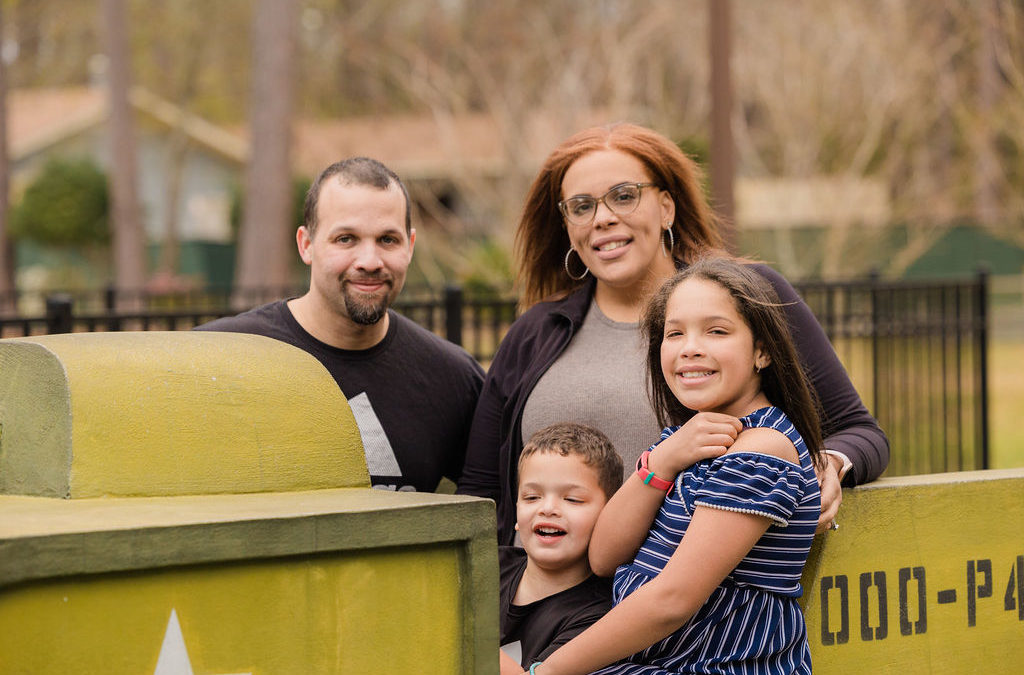Celebrating Family Support Awareness Month in North Carolina


This February we’re taking the month to celebrate Family Support Awareness Month in North Carolina. Founded in 2021, Family Support Awareness Month is a fantastic opportunity to honor the work of home visitors and parenting educators across the state.
What’s Family Support Awareness Month?
In February 2021, North Carolina Governor Roy Cooper declared February as “Parenting Education Awareness Month.” Last year, a proclamation was submitted to shift the name to “Family Support Awareness Month” to bring further awareness to the work of home visitors and parenting educators.
Home visiting and parent education programs include the federal program known as the Maternal, Infant, and Early Childhood Home Visiting (MIECHV) program founded in 2010 along with a number of North Carolina programs, including Attachment and Biobehavioral Catch-Up, Child First, Early Head Start Home-Based Option, Family Connects, Healthy Families America, Parents as Teachers, and others.
What’s Early Childhood Home Visiting and Parenting Education?
Early childhood home visiting and parenting education (HVPE) programs are designed to provide parents and caregivers with the necessary tools and support network to strengthen their parenting skills and build confidence.
HVPE programs are offered by highly-experienced professionals and can make a transformative difference in the lives of children and families. Unfortunately, not all North Carolina families have access to appropriate HVPE programs to help them foster strong parenting skills. According to the National Home Visiting Resource Center’s 2020 data, there are over 700,000 children in North Carolina who could benefit from home visiting—however, current programs serve less than 2% of all children in the state.
Why It Matters
A stable and secure relationship with a trusted adult is a key factor in a child’s life-long trajectory. When parents and caregivers have access to the support and training they need, children have a stronger start.
Home visiting and parenting education programs help to build protective factors that reduce the risk of child abuse or neglect, strengthen overall familial relationships, and promote a child’s healthy development. Quality home visiting programs are also shown to improve birth outcomes, including decreased pre-term births and low-birthweight babies, improved school readiness for children, and increased high school graduation rates for mothers participating in the program.
One analysis found that as much as $5.70 is saved for every $1 invested in home visiting programs in North Carolina. These cost savings are correlated to a reduction in the cost of child protection, K-12 special education and grade retention, and expenses related to criminal justice.
Family Support in Onslow County
- Early Head Start (EHS) offers a home-based option for pregnant women and a center-based option for children under the age of three, and provides comprehensive early childhood education to income-eligible children and their families. All EHS programs emphasize the role of parents as a child’s first—and most important—teacher. Click here to learn more about Early Head Start.
- Developmental Screening: All One Place Early Head Start and preschool programs leverage the Ages & Stages developmental screening tools to provide baseline child development information to families. This also includes ongoing updates and progress on each individual child’s development during their time in the program. Click here to learn more about Onslow County Preschool Programs.
- Monthly Trainings: One Place offers monthly training opportunities for early educators and parents on a wide range of topics—from child abuse prevention and child safety to everyday topics such as healthy eating and literacy. Click here to learn more.
- Online Courses for Parents: The Triple P Positive Parenting Program ® is a parenting and family support system designed to prevent and treat behavioral and emotional problems in children and teenagers. All North Carolina residents can sign up for Triple P Online at no cost. Click here to learn more.
Questions? Give us a call at 910-938-0336 and we’d be happy to connect you with the right resource for your needs.